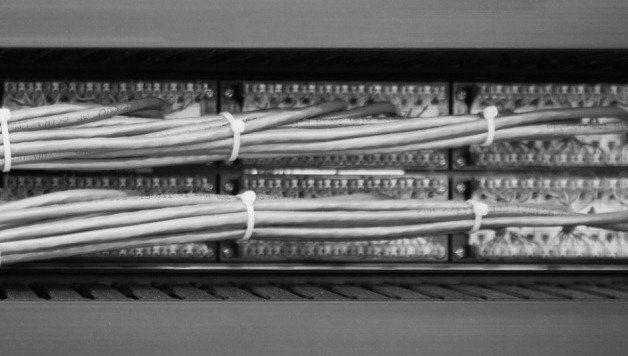On 21 December 2012, the European Commission issued Samsung with a Statement of Objections in relation to Samsung’s conduct in the recent Apple-Samsung litigation saga. The EC’s preliminary view is that Samsung’s request for injunctions to restrain Apple’s use of standard-essential patents (SEPs) for mobile phones constitutes a misuse of its dominant position in the marketplace, contrary to EU antitrust rules.
By issuing a Statement of Objections, the EC has taken the first step towards prosecuting the electronics and telecommunications giant, following a year of investigation into Samsung’s decision to commence injunctive proceedings against Apple in the UK, France, Germany, Italy and the Netherland in 2011.
An injunction is ordinarily an appropriate remedy for patent breaches. However, the EC alleges that by pursuing Apple’s infringements through litigation, rather than by negotiating licence terms on a Fair, Reasonable and Non Discriminatory (FRAND) basis, Samsung has impeded competition and misused its dominant market position. This is despite Samsung having already decided to withdraw its injunction requests, since, as a standard patent holder, Samsung made a commitment to the Commission to licence the standard patents fairly and to allow all willing licensees (in this case Apple) to acquire the SEPs which enable it to legitimately distribute its 3G mobile phones in Europe.
Under EU processes, Samsung will now have an opportunity to present a defence to the Objections raised by the EC, before a final determination is made. The conduct could attract serious penalties. If the EC confirms its preliminary ruling, Samsung faces paying up to 10% of its annual worldwide turnover for its contravention of EU’s antitrust rules.
The approach taken by the EC is interesting in the context where it had previously outlined its position on FRAND licensing generally and in reference to its review of the Google-Motorola merger. There has been some suggestion that in pursuing Samsung the EC is intervening in a private patent dispute between Apple and Samsung. However, another view is that, given the EC’s direction in enforcing SEP licensing commitments, the EC is simply seeking to establish a precedent, by clarifying the boundaries of patent enforcement on which the mobile telecommunications industry so heavily relies.







